Meta AI vs. ChatGPT: Key Differences and Which Is Better for You
Advertisement
Artificial intelligence is developing fast in the modern world, and two main participants have become clear: Meta AI and ChatGPT. Both provide strong artificial intelligence technologies; however, how do they differ? Developed by Meta (previously Facebook), Meta AI emphasizes providing cutting-edge solutions for companies, social media channels, and media. Conversely, ChatGPT, created by OpenAI, is valuable for several uses, such as content production and customer assistance, because of its conversational skills.
Although both artificial intelligence systems are amazing, their main distinctions are their applications, goals, and capacity. This article will discuss the main characteristics of Meta AI and ChatGPT, together with their advantages and shortcomings. You will then know which artificial intelligence platform best fits your requirements.

What is Meta AI?
Designed by Meta, Meta AI is a suite of artificial intelligence instruments. Its major objective is to raise several facets of internet engagement, from bettering social media experiences to giving companies wiser automated solutions. Meta AI runs everything from Instagram's recommendation algorithm to Facebook's news feed. Meta AI's capacity to customize consumer material is among its main strong points. Analyzing enormous volumes of data provides more focused advertising and content curation.
It helps companies develop customized marketing plans. Furthermore, Meta AI's developments in augmented reality (AR) and virtual reality (VR) add a new perspective to the user experience. Meta AI has restrictions. It is less flexible than ChatGPT in other spheres since it mostly concentrates on social media and digital marketing. Its reliance on user data also begs privacy and data security questions.
What is ChatGPT?
OpenAI created the language model ChatGPT. It is meant to create human-like text depending on its input. ChatGPT shines at generating cogent and contextually accurate prose, whether it's answering queries, writing emails, or crafting stories. Built on the GPT (Generative Pre-trained Transformer) architecture, ChatGPT can grasp and answer a broad spectrum of subjects. Its conversational skills make it the perfect tool for content creation, customer service, and tutoring.
It provides a flexible answer for several use scenarios since it may fit several tones and designs. ChatGPT's restriction, thus, is based on its reliance on training data. Its knowledge is dependent on information accessible until its previous update. Hence, finding particular niche issues or real-time statistics may be difficult. Though it's getting better with every iteration, occasionally, it produces responses that could sound unduly robotic.
Key Differences Between Meta AI and ChatGPT
Below are the key differences between Meta AI and ChatGPT that help you decide which suits your needs best:
Purpose and Focus
Meta-artificial intelligence is developed mostly for social networking and corporate uses. It helps companies target the correct audience, raise involvement, and maximize marketing plans. It also emphasizes mostly on adding virtual and augmented reality into digital interactions. By contrast, ChatGPT is designed as a conversational artificial intelligence tool. Content creation, customer support, and personal assistance are just a few of the text-based uses for which it finds applications.
Capabilities
Meta-artificial intelligence's massive data processing capability is well-known. It excels in analyzing user behavior and customizing experiences grounded on that information. It is a great fit for companies trying to increase client involvement and social media sites. Meanwhile, its emphasis is more on data-driven exchanges than genuine dialogues. By contrast, ChatGPT excels at language generation. It can create writing resembling human discourse and a strong awareness of natural language. It's flexible and may be used for more than answering questions, writing articles, and generating ideas.
Applications
The social media ecosystem depends much on meta-artificial intelligence, which helps sites like Facebook and Instagram enhance user interaction. Perfect for companies attempting to reach the correct audience, it also finds use in adverts and content recommendations. Its increasing application of AR and VR technology enables fresh, immersive experiences in social media and gaming. By contrast, ChatGPT is more adaptable in its uses. Tasks such as producing books, building blog entries, responding to consumer questions, and more can be handled using it. Industries needing customer service, content production, and communication will find it ideal.
Strengths and Weaknesses
The ability of meta-artificial intelligence to personalize user experiences depending on enormous volumes of data defines its power. It is perfect for companies concentrating on social media platforms and digital marketing. However, its reliance on user data poses privacy issues, and its concentration on particular sectors limits its more general application. The capacity of ChatGPT to create excellent content and fit several conversational styles defines its strength. For many different text-based applications, it is perfect. Its shortcomings are that it struggles with highly specialized issues and real-time data.
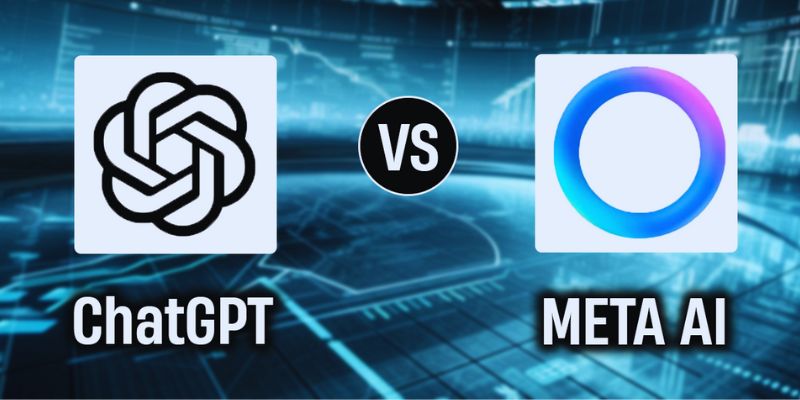
Which is Better for You?
Your needs will determine which Meta AI and ChatGPT best suits you.
- For Businesses Focused on Social Media: Meta AI is the obvious choice if digital marketing and social media interaction define your company's success. Its capacity to run tailored adverts and customize material makes it a great weapon for businesses trying to increase their internet presence.
- For Content Creators and Communicators: ChatGPT is the solution if you require an AI that shines in content production, customer assistance, or conversational writing. Content-heavy sectors would find it ideal because of its capacity to create excellent writing and fit for several situations.
- For Augmented and Virtual Reality Integration: Companies looking to include AR or VR in their goods or services would be more suitable for meta-artificial intelligence. It provides immersive experiences, unlike ChatGPT.
- For General Purpose AI: ChatGPT is a superior choice for general-purpose conversational artificial intelligence. It can manage more diverse chores than only digital marketing and social media.
Conclusion:
Your objectives will determine which of Meta AI and ChatGPT best suit you. Companies emphasizing social networking, marketing, and immersive experiences will find Meta AI perfect. It aids with user involvement and focused advertising. ChatGPT excels for those requiring human-like dialogues, content creation, or customer assistance. It is adaptable and applied in several sectors. Every instrument has particular advantages and disadvantages. Consider what is more important—natural conversation or data-driven contact. That will guide your decision-making. Whether conducting campaigns or creating material, both tools provide excellent options catered to distinct requirements.
Advertisement
Related Articles
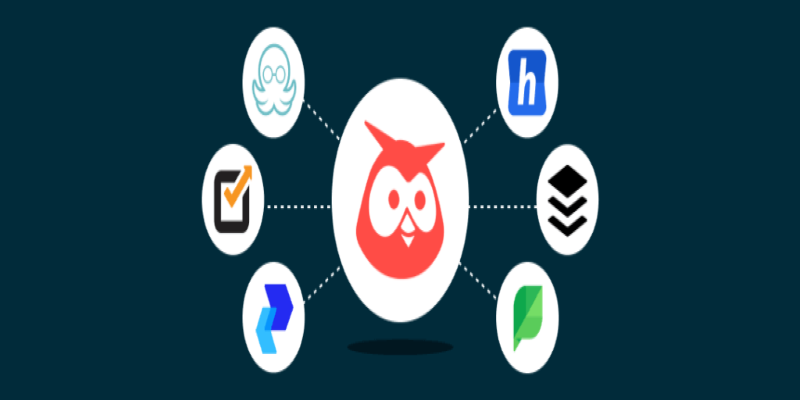
The 5 Best Hootsuite Alternatives in 2025 for Easier Social Media Management
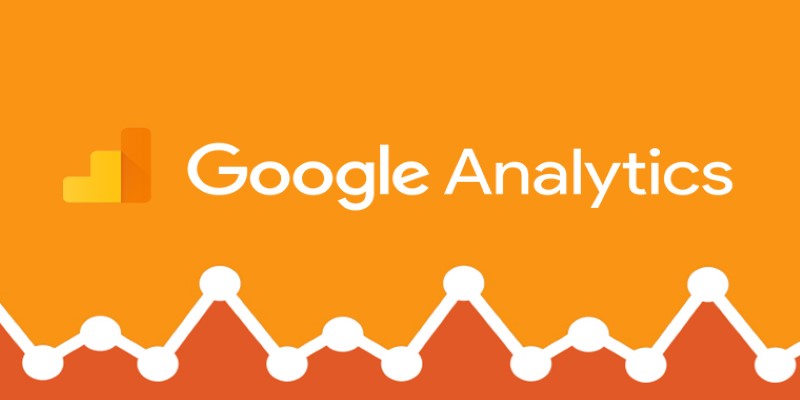
Top 5 Ways to Automate Google Analytics for Better Efficiency
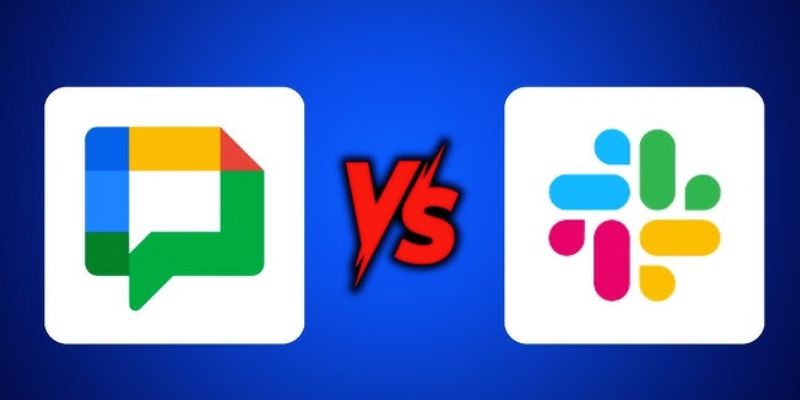
Google Chat vs. Slack: Which Collaboration Tool Suits Your Business Best
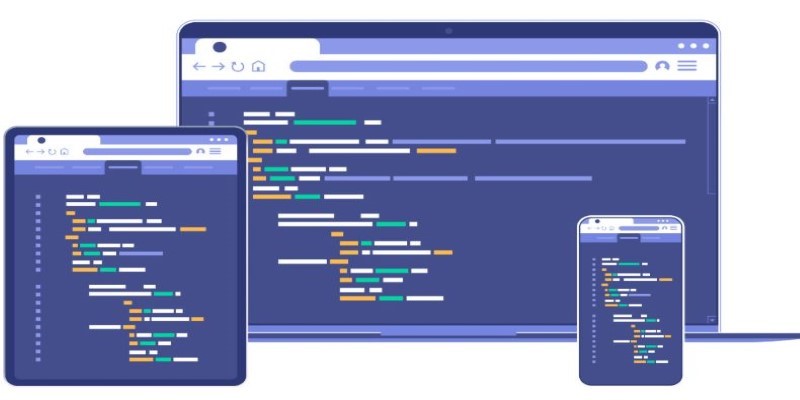
Building Flexible Online Tools: The Power of Responsive Design
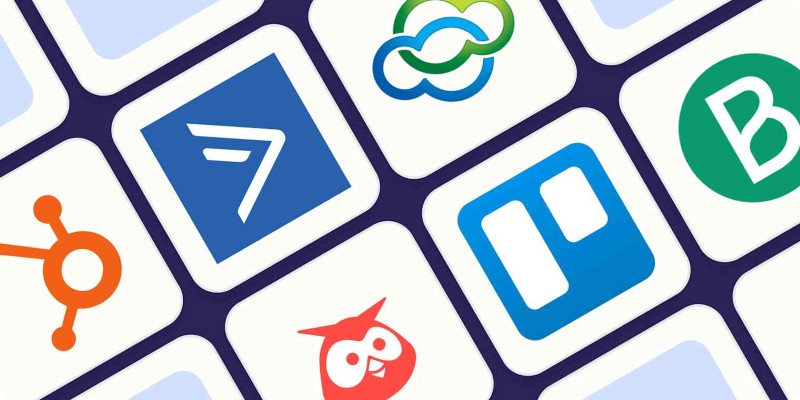
The 10 Best Campaign Management Software Tools in 2025 for Effortless Marketing Success
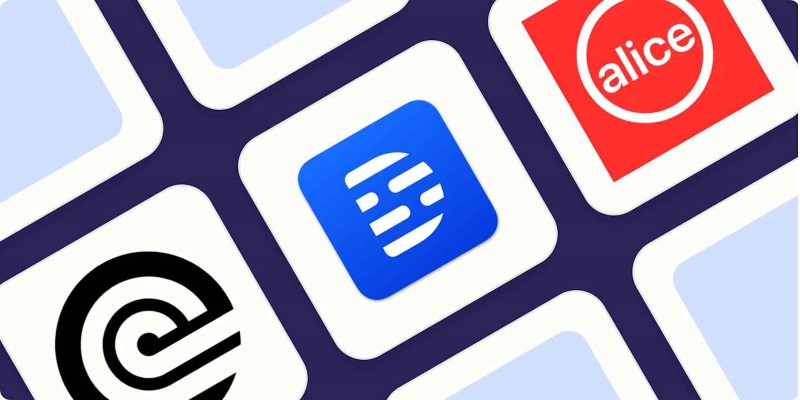
Top Transcription Tools in 2025 That Get the Job Done
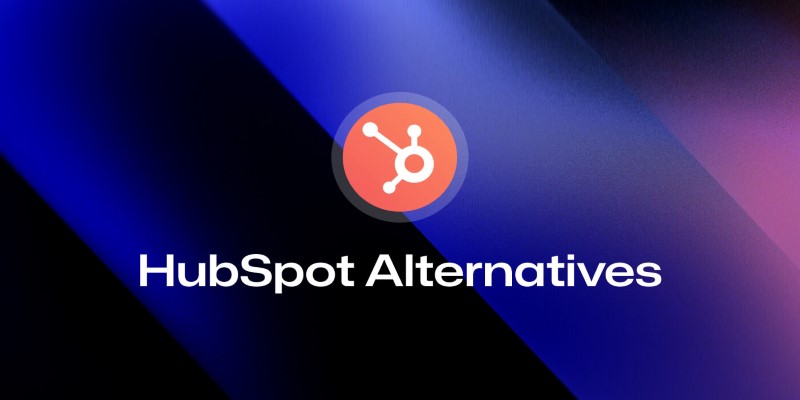
The 8 Best HubSpot Alternatives in 2025 for Smarter Growth and Less Hassle
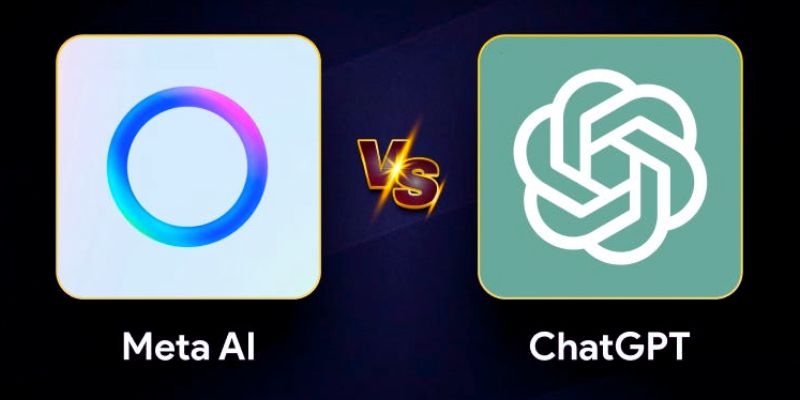
Meta AI vs. ChatGPT: Key Differences and Which Is Better for You

Miro vs Mural: Which Visual Collaboration Tool is Right for You
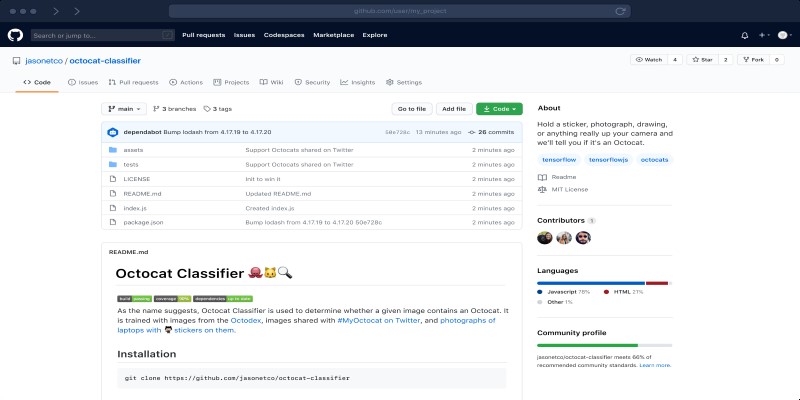
What is a GitHub Repository and How to Delete One in 2025
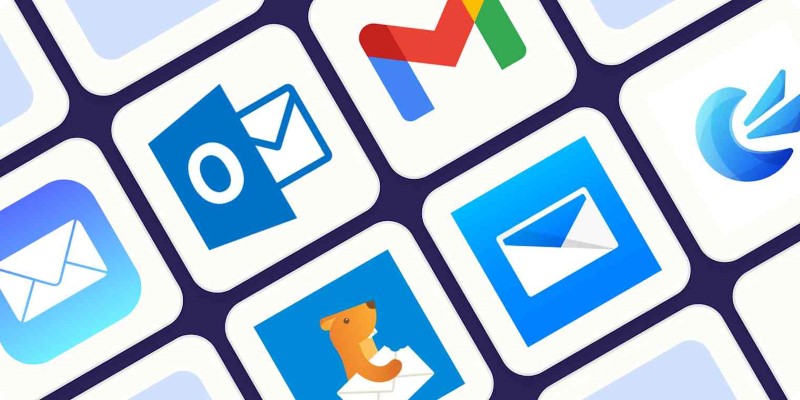
The 8 Best Email Apps for iPhone in 2025 to Keep You on Top of Things
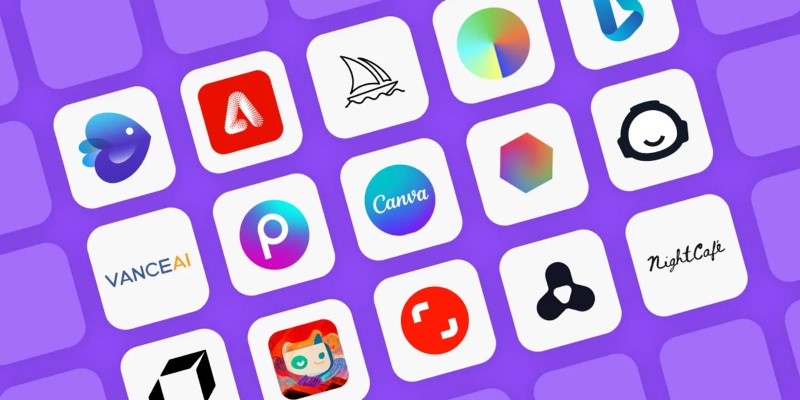
 lameuplay
lameuplay